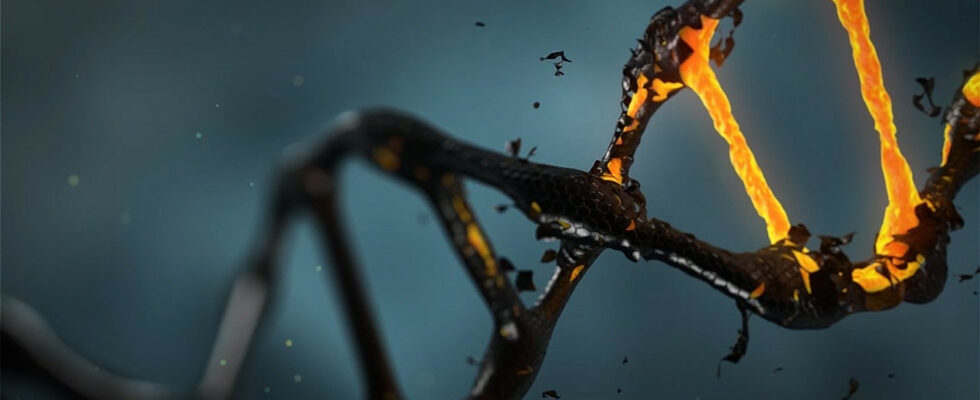The French start-up Biomemory is working on data storage technology using DNA, in order to offer mechanics better durability. This memory card allows you to convert binary data into nucleotides.
Anyone who has ever used a traditional USB key or external hard drive knows how frustrating it can sometimes be to find that, 5 years after the original use of one of these tools, the stored data ends up magically evaporating .
If there is one fault to attribute to these storage tools, it is their durability. And inevitably, alternative technological methods have been studied for several years to replace current storage mechanisms. We think in particular of Microsoft’s Project Silica or the work of the German start-up Cerabyte, whose aim is to transfer data into a tool made of glass and ceramic. The advances don’t stop there, since we could well use DNA in the future!
More than 1,000 euros for 1 k/o of data
Biomemory is a French start-up whose goal is simple, but in practice much more complicated: convert binary data into DNA. The company thus wishes to be the first in the world to allow the marketing of a card capable of storing 1 kilobyte of data for 1,000 euros. Suffice it to say that, while you can easily find USB keys capable of storing 1 terabyte for less than 100 euros, the appeal so far seems quite limited. However, this new technology has many advantages: these cards are capable of retaining this data for more than 150 years, which is obviously much longer than the lifespan of the person using it. Furthermore, they are much more space-efficient.
To access the data on the DNA card, it must be sent to a partner laboratory, where the DNA sequences are then converted into digital data, then sent by email to the user. Currently, this technology can be used to store very small images or text. However, like anything new in the tech world, it is more in the future that things look promising.
A revolutionary and ecological technology
Indeed, this DNA storage process has great potential, particularly from an ecological point of view: to put things into perspective, one gram of DNA can be capable of storing 215 petabytes, or 215 million gigabytes. It is therefore entirely possible that, in the long term, this technology will make it possible to completely replace current means, while reducing their overall size and their impact on the environment.
For the moment, the method is still in its infancy: its high price and its still pachydermic slowness make it more of a curiosity than of real interest among pragmatic fans of physical storage. Despite everything, it could in the future become a new standard, capable of replacing huge data centers with a card capable of fitting in the palm of the hand. As long as we’re still alive to enjoy it.
Do you need quick, easy-to-carry storage? You are in the right place. To make your choice easier, Clubic has selected the best USB keys for you according to your needs, so follow the guide!
Read more
Source : XDA-Developers

2